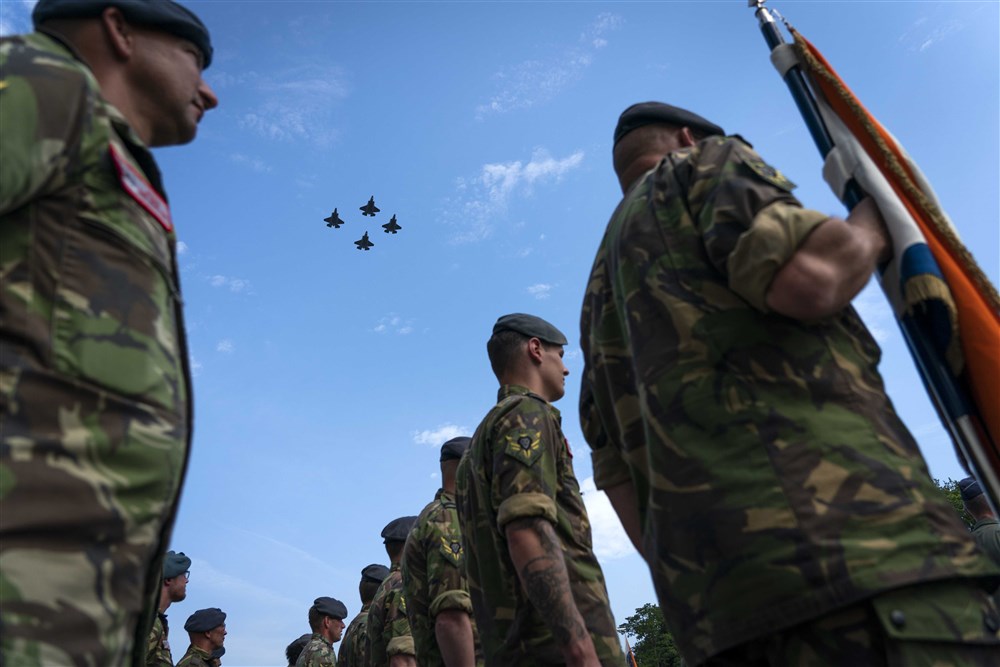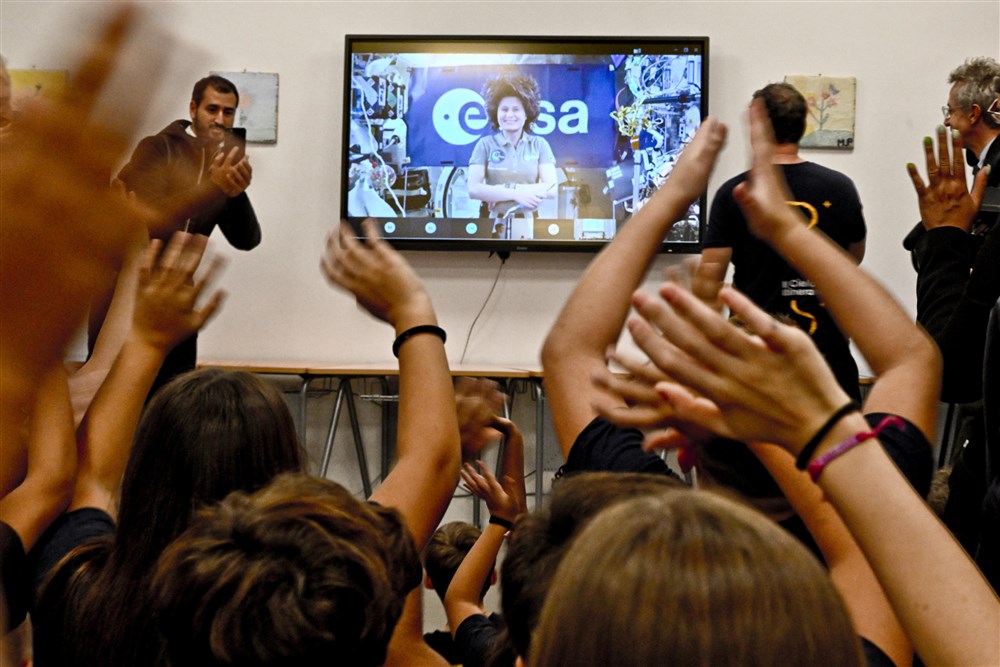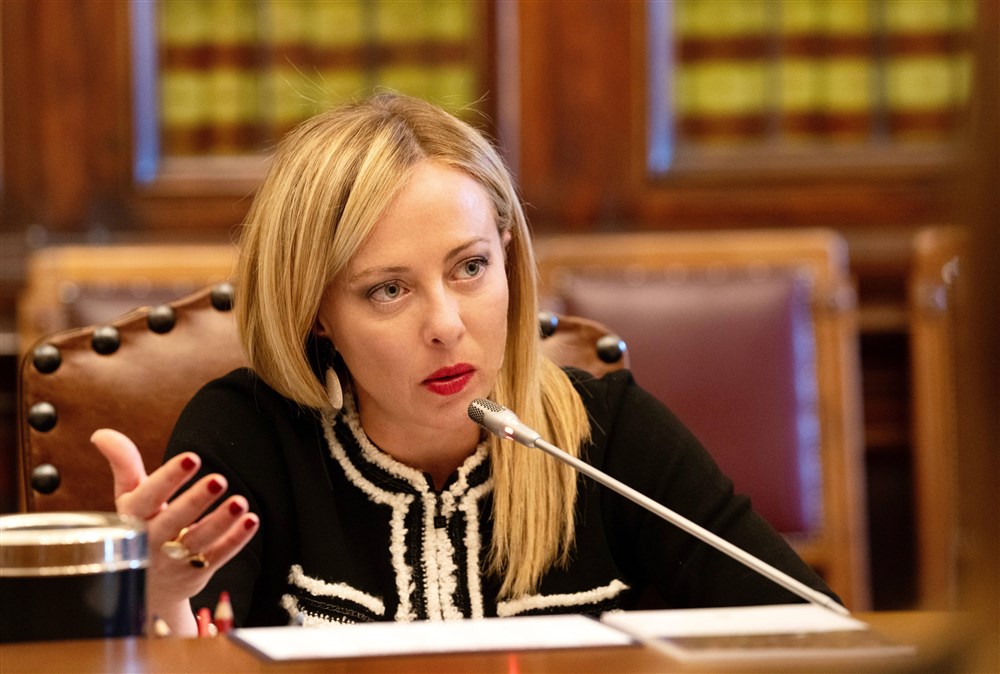The decline of centre-left parties across Europe has been confirmed via another electoral drubbing, this time in Italy.
In the country’s two most populous regions, Lazio and Lombardy, centre-right parties made large gains and in some cases beat centre-left opponents by around 20 percentage points.
Results were particularly supportive of Premier Giorgia Meloni and her Fratelli d’Italia party. Meloni wrote on Twitter that Italian voters had decided to “strengthen the work of the government”.
The left’s poor performance was attributed to a lack of leadership and also in part to the European Parliament’s Qatargate scandal, which according to one of the few centre-left victors “has negatively affected the reputation of left-wing parties in the eyes of voters“.
It follows the electoral loss by the Social Democratic Party of German Chancellor Olaf Scholz in Berlin at the beginning of the week.
Veteran politician Silvio Berlusconi, whose party belongs to Italy’s ruling coalition, made derogatory comments about Ukrainian President Volodymyr Zelenskyy just before the vote. According to Italian newspaper Il Corriere della Sera these could have been made with opinion polls in mind. The latest polls show a large majority of Italians are “worried” about the war’s consequences. Support for sanctions against Russia was at 55 per cent at the beginning of the war but has since dropped to 46 per cent, the newspaper reported.
Support for Russia sanctions seems to be less than solid in other EU Member States too. In Austria, the anti-sanctions party FPÖ has polled strongly. The Bulgarian Government, meanwhile, seems to be ignoring the EU’s Russian sanctions completely, according to an article in Euractiv. Bulgaria’s tax authority “has not issued a single act to impose sanctions for the last eight years” it is reported. One think-tank is quoted as saying that “…the signals are that the Bulgarian government would like to soften or cancel the sanctions on Russia”. Hungary too has expressed opposition to sanctions.





United but fragile: Europe and Ukraine